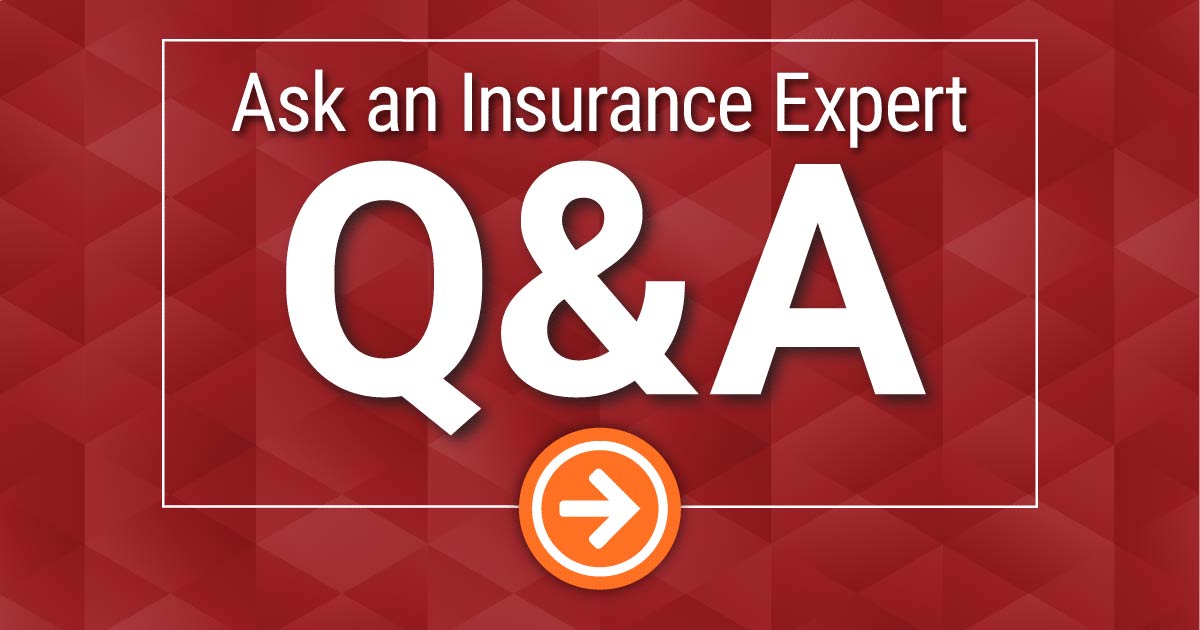
How does car insurance work in Mississippi?
I live in Mississippi and I just bought my first car. I know that I have to purchase auto insurance, but I’d like to better understand what I’m required to purchase. How does my Mississippi car insurance work? What coverage do I need in Mississippi? What is full coverage and do I need it?
Most states, including Mississippi, require that drivers have a minimum amount of auto insurance that covers personal injury liability and property damage liability. This protects other people and their property if you’re at fault in an accident.
Bodily injury liability coverage: This provides protection if you injure or kill someone else while driving your car. It protects you against an injured party’s claims for damages, including medical expenses, lost wages, and pain and suffering. It also provides for your legal defense fees if another party involved in the accident sues you.
Property damage liability coverage: This pays for any damage that you cause to the property of others (e.g., another’s driver’s car) and for your legal defense if you are sued.
In addition, there are several optional types of coverage that you can choose from, depending on your needs and your budget.
Collision coverage: This is protection for physical damage to your vehicle when it hits or is hit by another vehicle or object, such as a tree.
Comprehensive coverage: This pays for losses from almost all other types of damage to your vehicle other than that resulting from a collision, such as theft, fire, vandalism, weather, birds or animals, glass breakage, and so on.
Medical payments coverage, or personal injury protection: This helps pay for medical, dental and funeral expenses for you or your passengers, regardless of who is at fault for an accident.
Uninsured motorist coverage: This protects you if you are hit by a hit-and-run driver or by a driver who does not have auto liability coverage. It takes the place of Mississippi liability insurance that the other driver should have, but does not.
Underinsured motorist coverage: This protects you if another motorist is at fault for a collision but does not have enough insurance to cover your losses.
Roadside assistance coverage, or towing and labor coverage: This pays for help if you are locked out of your vehicle, run out of gas, or face some other type of problem while out on the road. Your insurance company will help you contact tow trucks, locksmiths, or other forms of assistance as needed, and will reimburse you for the costs of these services up to certain limits.
Rental reimbursement coverage: This provides payment for a rental car if your vehicle is damaged and you must rent a vehicle while it is being repaired.
Loan/lease or gap coverage: This pays the difference between what you owe on a vehicle and its cash value if it is totaled.
How much car insurance do I need in Mississippi?
Mississippi requires all drivers to have a certain amount of auto liability insurance at a minimum. In order to comply with the law, you must have:
- $25,000 per person bodily injury liability coverage
- $50,000 per accident bodily injury liability coverage
- $25,000 per accident property damage liability coverage
The initial penalty for failing to maintain auto insurance in Mississippi is $1,000 and suspension of driving privileges for one year, or until you can show proof of insurance.
What is covered if I don't have full coverage car insurance in Mississippi?
You may have heard the term “full coverage auto insurance.” Full coverage auto insurance is a phrase used to designate a comprehensive policy that includes several types of insurance coverage that provide you with a significant amount of protection from liability claims and damage to your vehicle.
The definition of full coverage auto insurance varies from company to company. There is no single definition or package of coverage for a full coverage auto insurance policy. A full coverage auto insurance plan should not only cover the state minimum liability requirements, but should also offer you some protection for physical damage to your vehicle. That means it likely contains liability insurance as well as comprehensive and collision coverage.
A full coverage policy might also include uninsured/underinsured motorist coverage and medical payments coverage.
If you don’t have full coverage and only carry the minimum liability limits required by the state, you’re only covered for injuries or damage you cause to third parties. You’d have no coverage for your own vehicle or your own injuries. You’d also be unable to fully recoup your losses if you were hit by an uninsured or underinsured driver.
Having minimal coverage does offer some protection, but the limits would likely be insufficient and leave you vulnerable if you caused a serious accident and were sued as a result.
Article Reviewed by | Paul Martin
https://www.iii.org/automobile-financial-responsibility-laws-by-state
https://www.mid.ms.gov/consumers/auto-insurance.aspx#wtlr
© 2025, Consumer Agent Portal, LLC. All rights reserved.